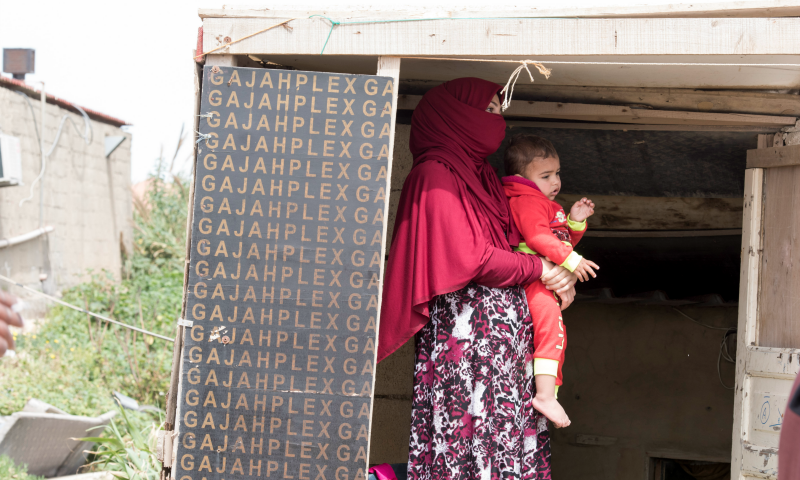
Poverty has been reduced in the majority of countries over the past two decades. But the global deficit in quality jobs and deteriorating economic conditions in a number of regions threatens to undo progress in poverty reduction, warns a new report by the United Nations International Labour Organization (ILO).
Along with these challenges, the ILO’s World Employment and Social Outlook 2016: Transforming jobs to end poverty notes that relative poverty in developing countries is on the rise. Indeed, it finds that more than 36 per cent of the emerging and developing world lives in poverty – on a daily income of less than $3.10 purchasing power parity (PPP).
Noting that some $600 billion a year – or nearly $10 trillion in total over 15 years – is needed to eradicate extreme – and moderate – poverty globally by 2030, the report concludes that the problem of persistent poverty cannot be solved by income transfers alone; more and better jobs are crucial to achieving this goal.
“Clearly, the Sustainable Development Goal of ending poverty in all its forms everywhere by 2030 is at risk,” said ILO Director-General Guy Ryder. “If we are serious about the 2030 Agenda and want to finally put an end to the scourge of poverty perpetuating across generations, then we must focus on the quality of jobs in all nations.”
To read more, please click here.
Source & Copyright: ILO
 Welcome to the United Nations
Welcome to the United Nations